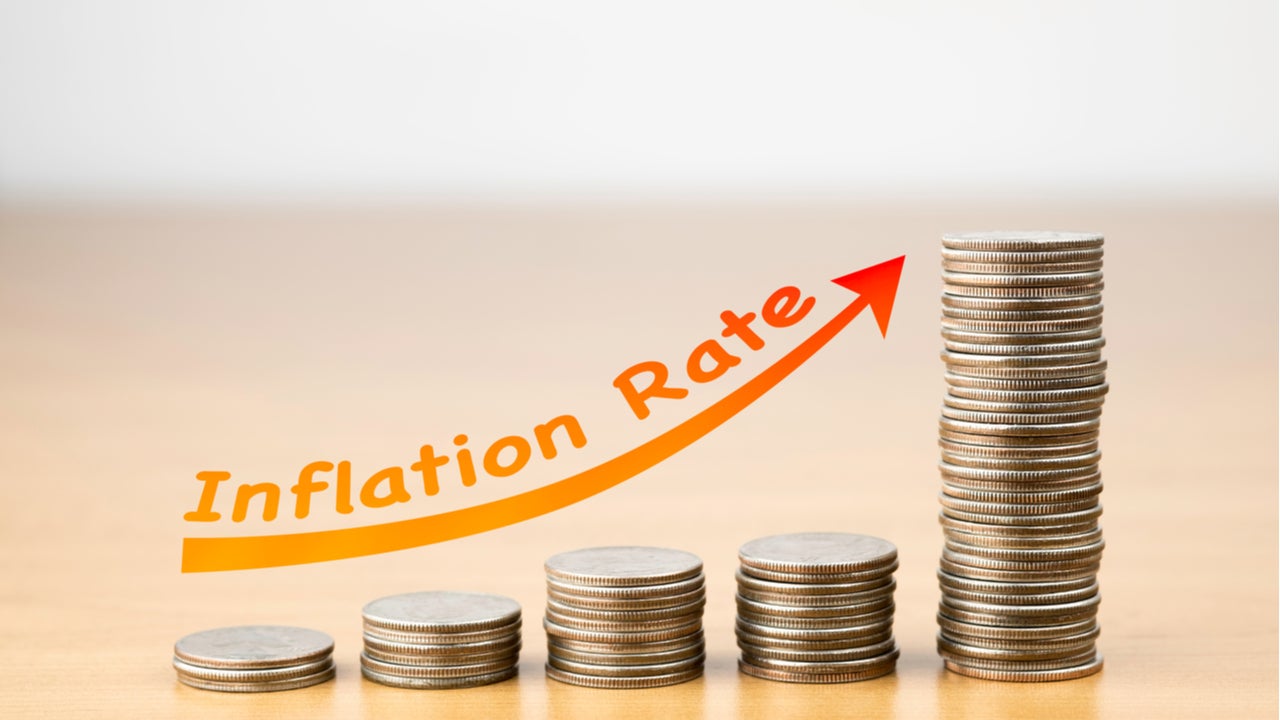Economist’s opinions appear to be polarized as the US heads towards economic recovery. Some view a degree of inflation as an acceptable and transitory by product in boosting the economy, while others warn that overheating the economy could cause inflation to rapidly rage out of control.
Lars Christensen
Lars Christensen, an international economist, shared his article on the US heading for double digit inflation by the end of the year. He noted that over the last few months the US economy has witnessed a sharp increase in prices of stocks, property and commodities, indicating that inflation is expected to pick up strongly.
The scenario could lead to an erosion of the Federal Reserve’s credibility apart from fuelling long-term inflation fears. The excess liquidity created by the monetary easing made by the Fed could leave to sharp rise in price levels in the next few months. As Covid-19 related restrictions are lifted, the US economy could witness a sharp rise in nominal aggregate demand.
Christensen uses the P star model to understand the changes in inflation levels. The simulation created using the P star model shows that the US economy is heading for a inflation rate of above 12% by the end of the year. Although he does not suggest a permanent higher inflation, there could be a sharp one-off increase in US price level.
Thanks…I spell out the case for double-digit inflation here: https://t.co/RIEWVaeYhU
Alternatively the Fed needs to slam the brakes. I am not sure what I prefer.
 GlobalData Strategic Intelligence
GlobalData Strategic IntelligenceUS Tariffs are shifting - will you react or anticipate?
Don’t let policy changes catch you off guard. Stay proactive with real-time data and expert analysis.
By GlobalData— Lars Christensen (@MaMoMVPY) May 5, 2021
Daniel Lacalle
Daniel Lacalle, Chief Economist at Tressis, shared an article on how inflation is not transitory. He noted that transitory effects and supply chain disruptions are not the real drivers of inflation. The prices of agricultural and industrial commodities have reached five-year highs, while the prices of non-replicable goods and services have reached ten-year highs, mainly due to the injection of trillions of dollars into the economy.
Food prices, for example, have increased by 10% until April 2021 and is a reflection of the monetary policies, which has led to overcapacity. Lacalle noted that the rise in prices of goods is not due to the supply shortages but rather due to overcapacity caused by monetary expansion. Central banks are often unable to reduce monetary support despite strong recovery as governments often refuse to decrease deficit spending.
Although official consumer price index (CPI) is not reflecting rise in prices of healthcare, education, and food, investors and consumers are feeling the impact. A similar rise in inflation was observed in 2018 leading to large-scale protests but the present rise in inflation and prices could lead to an even bigger problem.
Investors Do Not See "Transitory" Inflation.https://t.co/SgWzFzzIYP
— Daniel Lacalle (@dlacalle_IA) May 4, 2021
Mohamed A. El-Erian
Mohamed A. El-Erian, president of Queens’ College, Cambridge University, shared an article on how the Federal Reserve has dismissed the rising financial stability concerns and rise in inflation being transitory. The existing inflation data indicates an imbalance between the timing of government spending and production, but it does not reflect the structural changes that are occurring in the supply and demand side of the economy.
Companies are dealing with a number of issues including rising commodity prices, and inventory and labour shortages. The Fed has acknowledged that it will have to wait for any upward changes in inflation before taking any decisive actions such as tightening measures. However, the central bank may have to ease its monetary policies in case inflation increases at the risk of impacting economic recovery.
In such as case, investors would have to risk bearing losses in both equity and bond holdings. The Fed needs to consider reducing monetary stimulus and easing market interventions in order to ensure the long-term health of the economy and financial markets.
Good morning. Wishing you all a good week.
FYI, my thoughts via the @FT on
Why it is far from obvious that #inflation will indeed be "transitory"
Why the #Fed risks being behind the curve and
Implications for the #economy and #marketshttps://t.co/FkczFaeix1#centralbanks @wsj pic.twitter.com/hyi6YquSx2— Mohamed A. El-Erian (@elerianm) May 3, 2021
Stephen L Ross
Stephen L Ross, professor of economics at the University of Connecticut, shared an article on the impact of the fiscal policies and stimulus packages provided by the US on inflation. The article examines two components including the underlying inflation reflecting the macroeconomic conditions and a transitory component emerging due to the changes in relative prices.
Underlying inflation or median CPI has been in line with the macroeconomic trends over the last few years but during the Covid-19 pandemic it fluctuated from -1.1% to 3.9%. The inflation was higher than above its forecast level during the pandemic due to expected rise in unemployment during the pandemic. However, if the temporary layoffs due to the pandemic are excluded the inflation is in line with the pe-pandemic levels. CPI inflation could, therefore, increase to between 2.5% and 3% by 2021, which is consistent with the Fed’s forecasts.
Although upside risks of higher inflation do exist due to the pandemic relief measures, examining the historic unemployment rates in the 1960s, indicates that periods of low employment could reduce inflationary pressures. As a greater number of workers return to the workforce, there is little risk that the government spending could result in inflationary spiral.
https://twitter.com/SteveRo48195125/status/1391049312130539526




